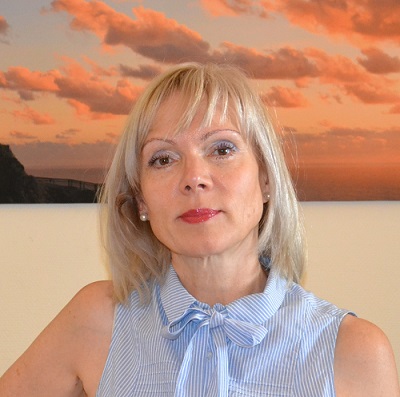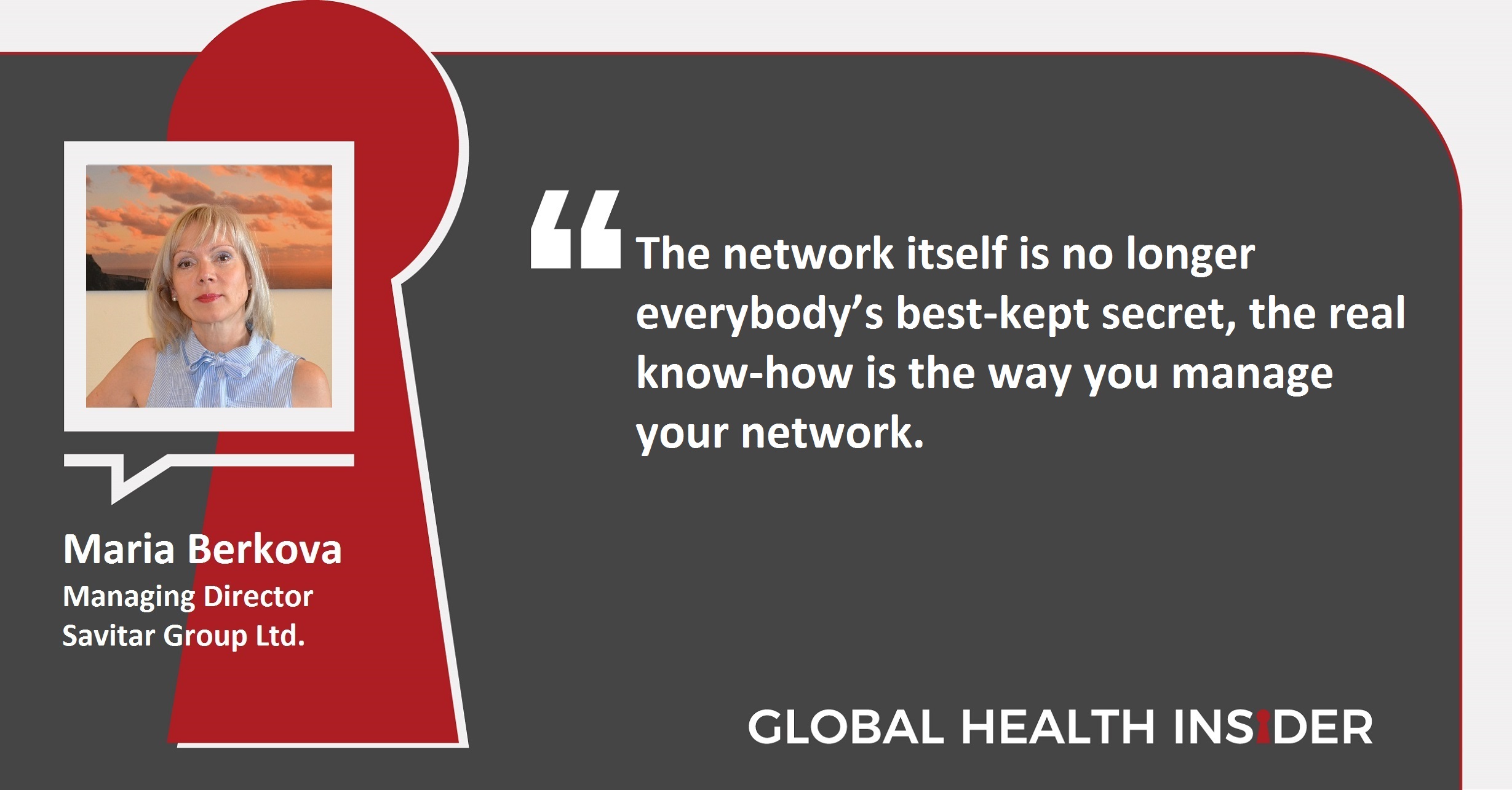Savitar Group's Managing Director Shares Insights and Information on Medical and Travel Assistance Management

Savitar Group Ltd. is one of the largest medical assistance companies in the Eurasian and Central Asian region. Their Managing Director, Ms Maria Berkova, talks to Global Health Insider about the challenges of covering such a wide regional area and managing partnerships with IPMI companies.
Ms Berkova has been in the medical assistance industry since 2002 and has years of experience in top-level management for top medical assistance companies such as Euro-Center Russia, and American Medical Centers.
Learn more about Savitar Group and Maria Berkova’s insights in her full interview below.
Q: Can you tell us more about Savitar Group Ltd.?
A: Savitar Group is an independently-run medical assistance company operating worldwide from its headquarters in Moscow. Savitar Group has, in addition, three subsidiary companies: in Kiev (Ukraine), Antalya (Turkey) and Hurghada (Egypt). It was founded in 2008 by a group of professionals. The bilingual call-centre in Moscow now employs almost 50 people (including administration and back office). We provide services to both outbound tourists travelling from Russia elsewhere, and inbound travellers coming to Russia and surrounding countries.
Apart from Russia our coverage area includes:
- Baltic States
- Ukraine
- Belarus
- Central Asia region
- Turkey and Transcaucasian countries
Over the years of our existence, we invested a lot into stable relations with our clients and providers, aiming at providing high-quality service and building a reputation of a flexible and trustworthy partner.
Click & Like on LinkedIn
Q: What is the most challenging aspect of medical and travel assistance management?
A: The most challenging thing is to be flexible enough to understand the needs and requirements of both clients and providers, their difference in approaches and mentality. This also happens to be the most rewarding experience, as it makes you look at yourself, your working principles and business model from a different angle. Another important aspect is how to let your staff grow, accept new responsibilities and keep the key persons in the team.
Q: Can you give us more information about your current fleet and the medical equipment you carry?
A: All members of our medical staff are medical doctors specialised in General Medicine. Moreover, nearly all of them are board-certified in their specialities.
The group of specialists includes:
- Emergency medicine
- Obstetrics and gynaecology
- Cardiology
- General surgery
- Traumatology
- Psychiatry
- Rheumatology
Some of the physicians are in possession of additional medical skills, e.g., diagnostic medical sonography. We also have an infectionist as a member of our staff, which became actual nowadays given the situation with outbreaks of Zika virus in South America and Ebola in Africa.
We do not own any aircraft. However, our medical equipment includes:
- BLS (basic life support)
- ACLS (advanced cardiac life support)
- Trauma medical kits
- Medical oxygen cylinders
- Defibrillator
- Scoop stretchers
- Vacuum mattresses for stretcher medical evacuations
Q: What kind of partnerships and services do you offer to IPMI companies?
A: We provide a full scope of support for IPMI, starting from TPA package services and VIP-support to case-by-case handling and post-treatment medical expertise of invoices. Over the years, we learnt how to adapt our call-centre to different types of requests, and have experience in arranging special set-ups in a particular location. We are capable of adapting our network to specific needs of our client, negotiate preferential price-lists, discounts and steer patients to preferable facilities by means of maintaining an open dialogue with them.
Q: Have you experienced any particular challenge delivering medical assistance and evacuation services in your region?
A: Savitar Group’s coverage area is probably one of the largest of all travel assistance call-centres, stretching from the Baltic shore to Vladivostok and Kamchatka peninsula. There is an implicit challenge in building a balanced network of providers on a territory of this scale. And of course, even though there is no language barrier as such, each location has its own medical quality level and peculiarities. Standards and approaches to medical treatment may also be different. Taking these factors into consideration is also a challenge to our network staff and medical analysts.
As for evacuation – again, it is the same situation. Due to the vast territory, commercial aviation (including AA) has never really developed in Russia, apart from several areas where private jet fleets are maintained to provide VIP transport services for tycoons. However, they are neither designed nor flexible enough to transport patients in critical condition. Therefore, 99% of medical evacuations inside Russia are done either by commercial carriers or by AA hired from abroad (Eastern Europe, Turkey or Asia).
Q: What are the most significant changes in the medical and travel assistance industry in recent years?
A: I’d say that the key change is growing openness: 10 years ago everybody tried to secure its network know-how’s and to disclose as little information as possible. Nowadays, the most advanced companies in the industry share a lot of information a gratis. The network itself is no longer everybody’s best-kept secret, the real know-how is the way you manage your network, the way you treat your providers, the flexibility of your approach and the reputation itself.


Leave a Comment
* Fields marked with this asterisk are mandatory.